In a world where time seems to slip through our fingers like grains of sand, watches stand as silent sentinels, dutifully marking the passing moments. Beyond their mechanical precision, these timepieces hold a deeper cultural significance and symbolism that has evolved throughout history. Join us as we delve into the intricate world of watches and unravel the threads of meaning woven into their timeless design.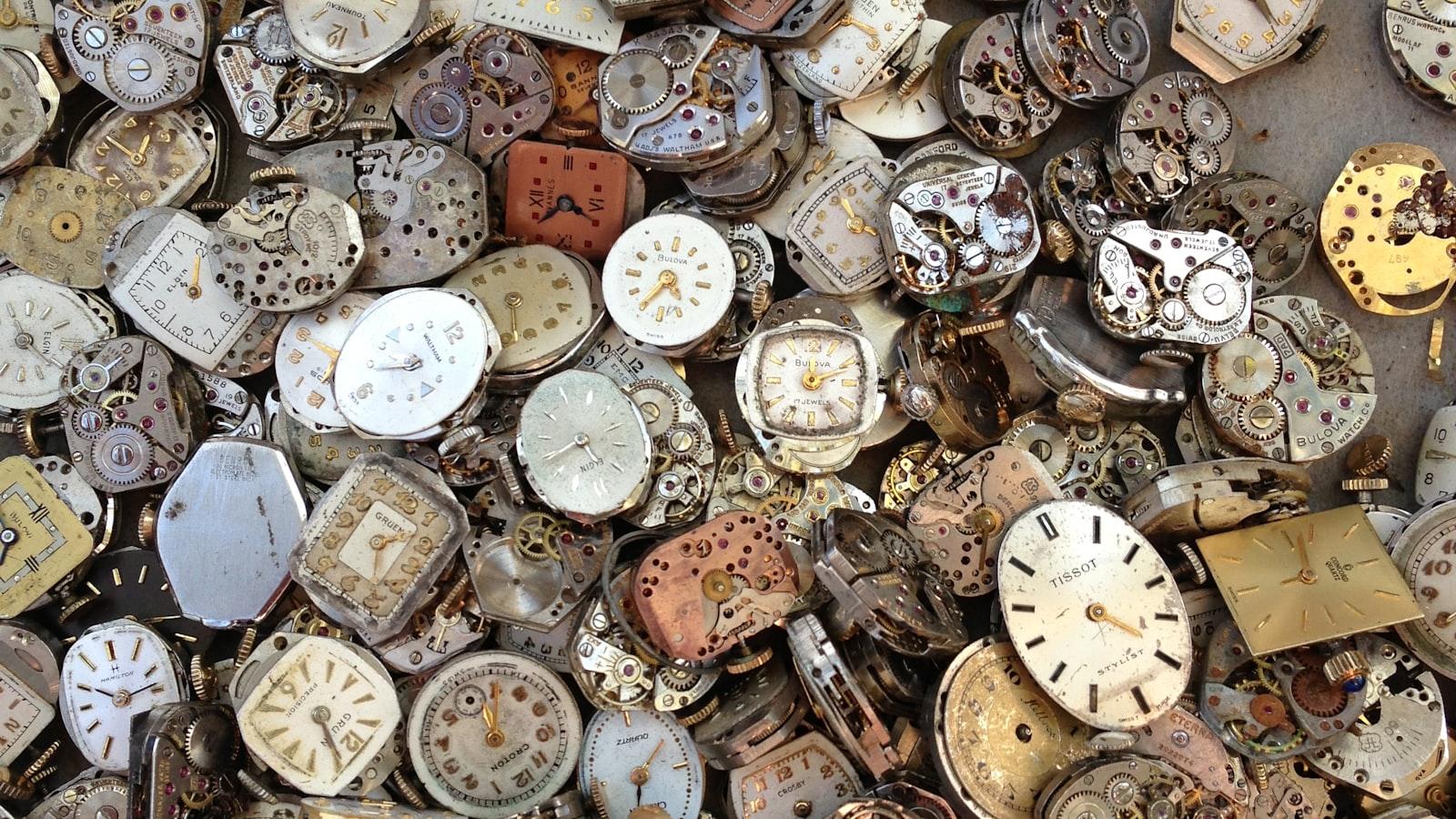
Exploring the Historical Evolution of Watches and Their Impact on Society
Watches have been more than mere time-keeping devices throughout history; they have been symbols of status, craftsmanship, and technological advancement. From the sundials of ancient civilizations to the intricate mechanical movements of the 21st century, watches have played a crucial role in shaping society. The evolution of watches has mirrored the progression of human civilization, from pocket watches favored by gentlemen in the 18th century to the smartwatches that adorn the wrists of modern-day tech enthusiasts. The impact of watches on society cannot be understated, as they have been markers of punctuality, fashion statements, and even symbols of love and commitment. Dive into the world of horology and discover how watches have woven themselves into the fabric of culture and society.

Understanding the Psychological Connection Between Watches and Personal Identity
Watches have long been a timeless accessory that transcends mere timekeeping functionality. They hold a unique place in our personal identity, serving as more than just a tool to tell time. The connection between watches and personal identity is deeply rooted in psychological and cultural significance.
Wearing a watch is not just about being punctual or accessorizing; it is a statement of style, status, and personality. The type of watch one wears can convey a lot about their character and taste. It can symbolize tradition, sophistication, or even rebellion. Some people collect watches as a form of self-expression or as a tangible representation of their achievements. The act of choosing a watch reflects our values, aspirations, and how we want to be perceived by others. It becomes a part of our story, shaping our personal narrative and identity.
In conclusion, the humble watch may seem like a simple accessory, but its cultural significance and symbolism run deep. From its role in punctuality and time management to its representation of status and personal style, watches have always held a special place in society. As we continue to unravel the layers of meaning behind these small yet powerful objects, let us remember the intricate ways in which they reflect our values, aspirations, and connections to the world around us. So the next time you check the time on your wrist, take a moment to appreciate the rich tapestry of history and meaning that lies within that seemingly ordinary timepiece.

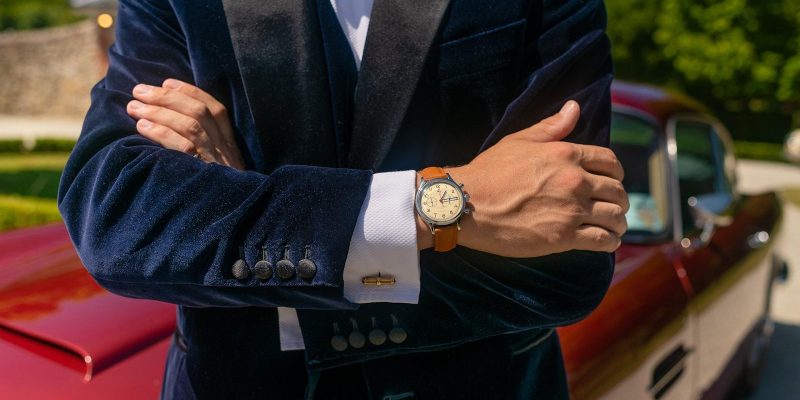

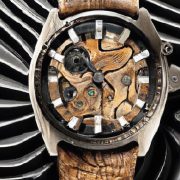

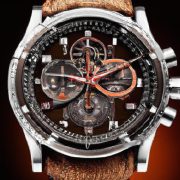
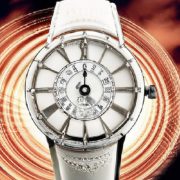


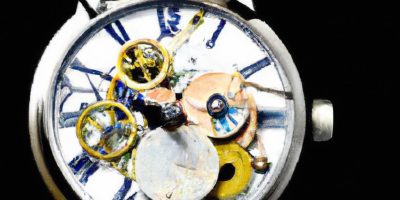







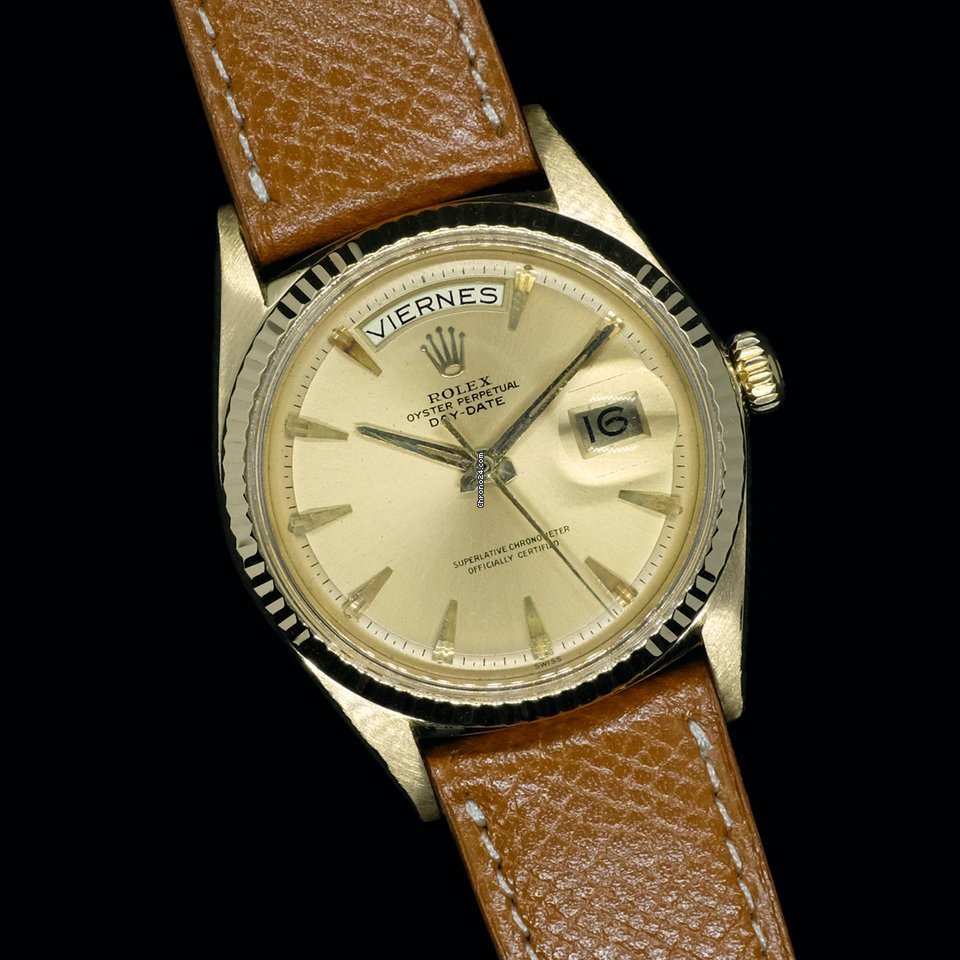
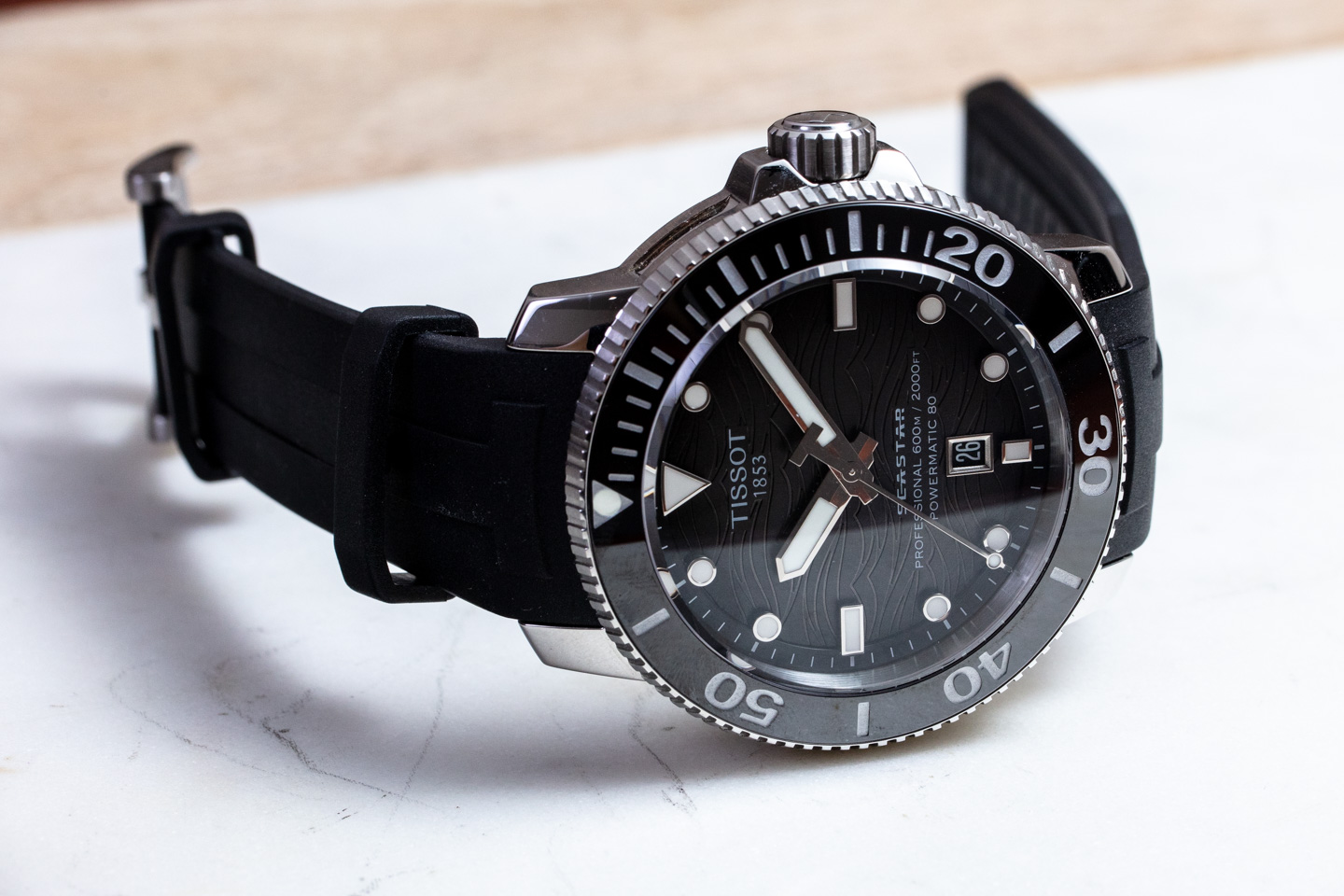
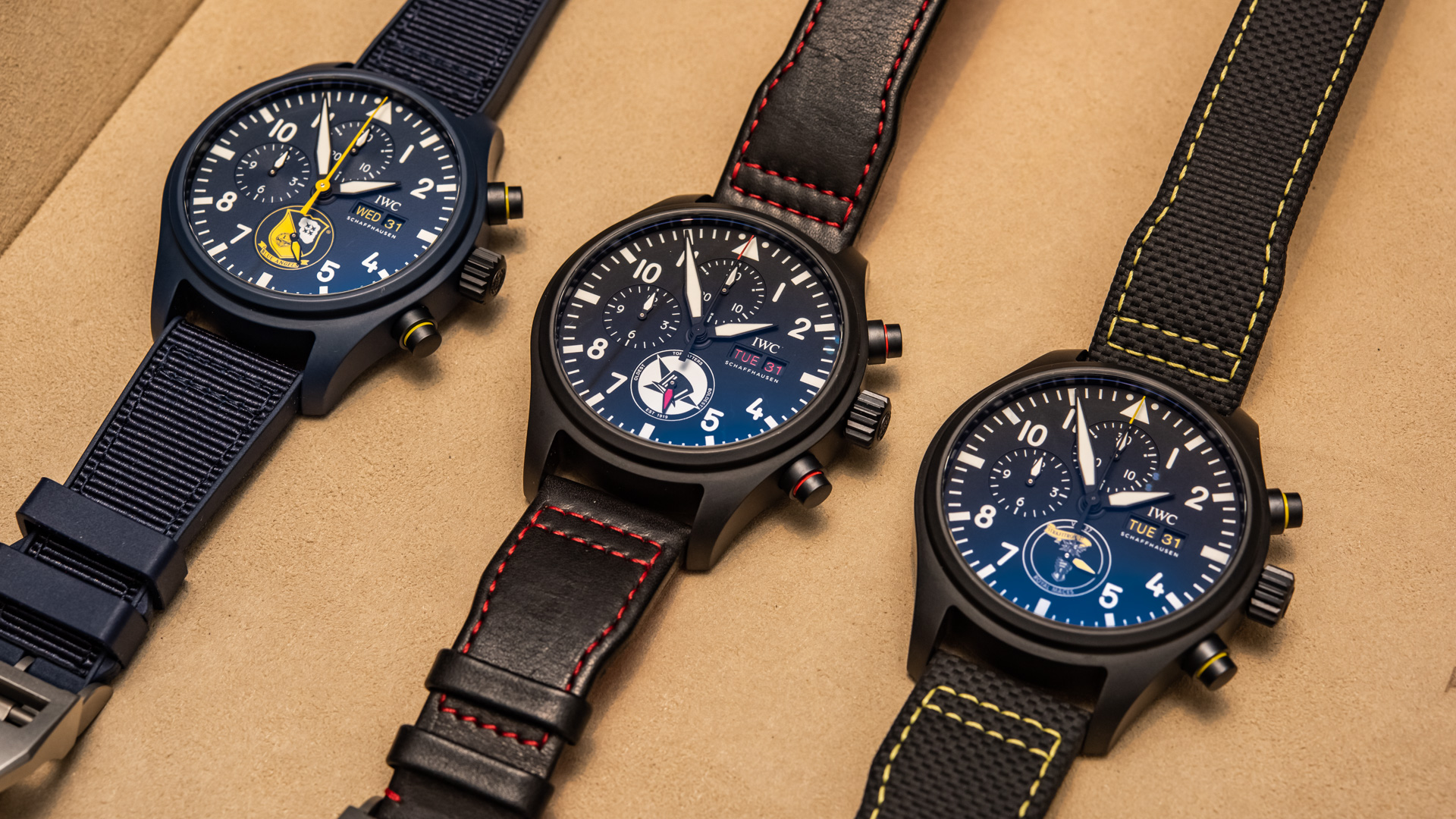
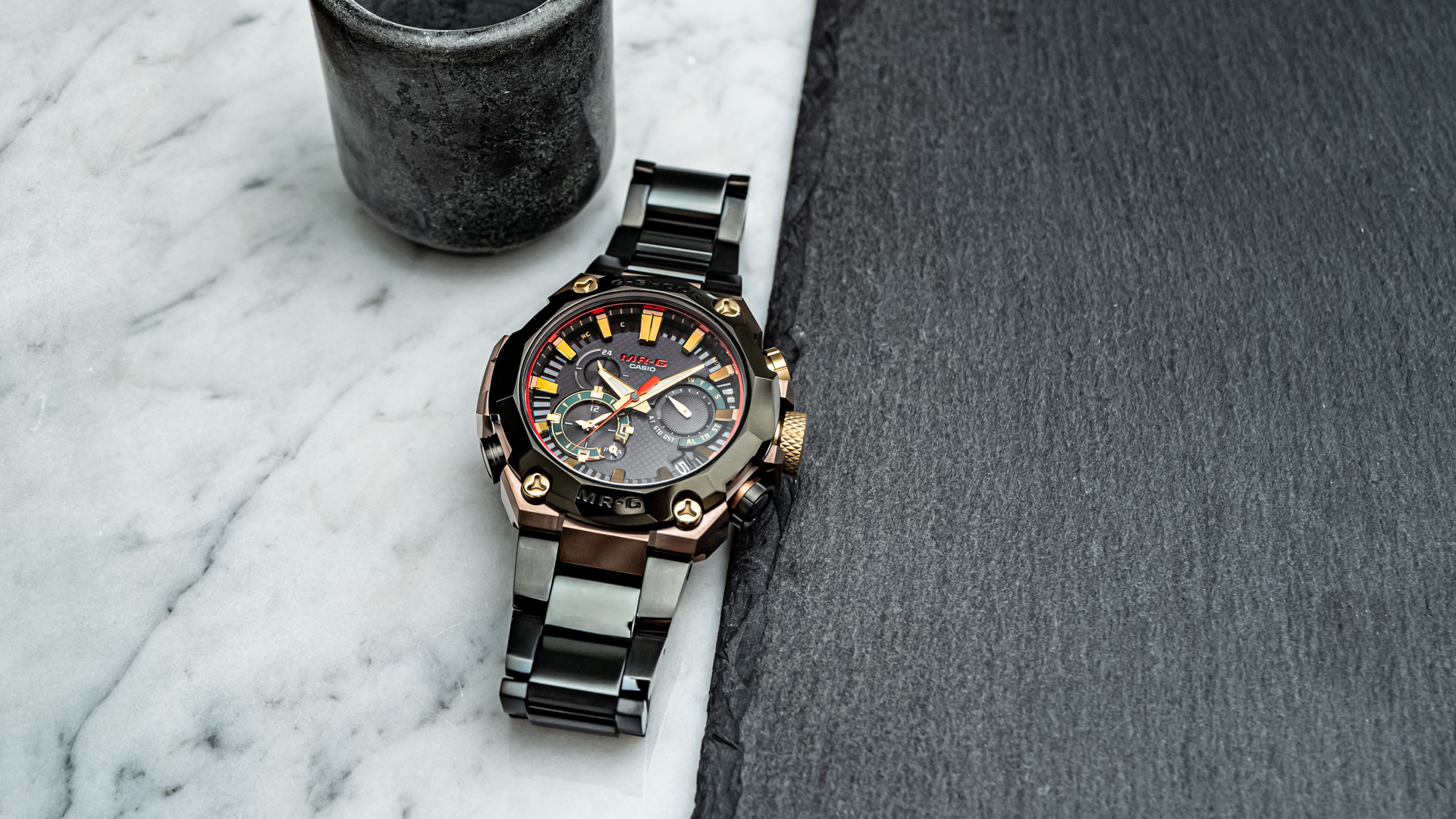


Comments